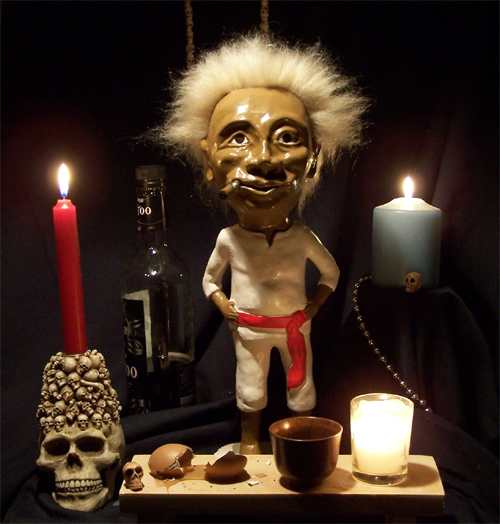signtwist
Filing Flight Plan
- Joined
- Dec 1, 2015
- Messages
- 23
- Display Name
Display name:
Geoffrey Mason
Hello , everyone! Well, I just want to make sure about this. I don't know anything about aviation or airlines policy in terms of managing a safety and comfortable flights. But for the fear that most aircraft are encountering issues these days. I want to find out about the possible quality assurance that an aircraft is safe. Am I correct that a quality management must meet a standard to automatically detect problems before it occurs? How do they go about this? As a passenger, I also want to learn about how does aviation manage any risks that might occur?



